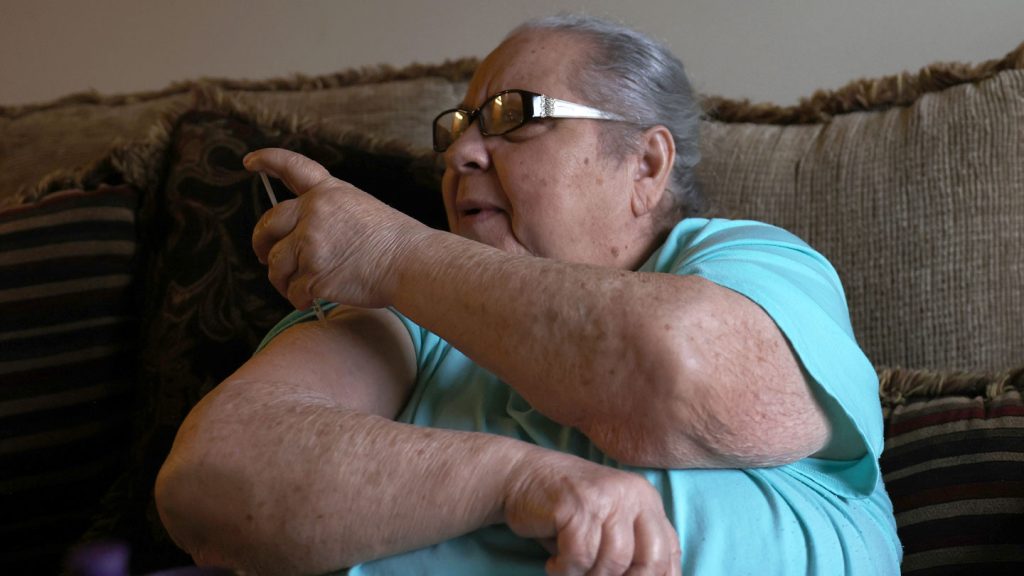Recent research has shown promising results in the development of a once-weekly shot of insulin for some individuals with diabetes. This new formulation has the potential to lessen the burden of multiple daily injections for those managing the disease. Two pharmaceutical companies, Eli Lilly and Novo Nordisk, have been working on weekly insulin formulations and have conducted late-stage clinical trials. While the drug efsitora from Eli Lilly showed positive results for adults with type 2 diabetes, there were safety concerns for those with type 1 diabetes due to increased episodes of low blood sugar.
In contrast, icodec from Novo Nordisk has received approval for use in adults with diabetes in certain countries, but the U.S. Food and Drug Administration has not yet approved its use in the United States. The FDA expressed concerns about the increased risk of hypoglycemia associated with icodec, particularly for individuals with type 1 diabetes. As a result, it may take some time before weekly insulin becomes available in the U.S. The clinical trials provided valuable insight into the potential benefits and challenges of a weekly insulin formulation and its limitations.
Diabetes is a condition characterized by high blood sugar levels due to the body’s inability to properly regulate glucose with the hormone insulin. Type 1 diabetes results from the destruction of insulin-producing cells in the pancreas, while in type 2 diabetes, the body either doesn’t produce enough insulin or doesn’t respond effectively to it. Managing diabetes involves monitoring blood sugar levels throughout the day and determining the appropriate insulin dosage. Unstable blood sugar levels can lead to various complications affecting the kidneys, heart, eyes, and nerves.
The development of once-weekly insulin aims to simplify the treatment regimen for individuals with diabetes by reducing the number of daily injections required. While the convenience of a weekly shot may improve the quality of life for some, ensuring the correct dosage is crucial to avoid complications such as hypoglycemia. Clinical trials revealed that participants with type 2 diabetes experienced fewer episodes of severe hypoglycemia compared to those with type 1 diabetes when taking the once-weekly insulin. This suggests that weekly insulin may be more suitable for individuals with type 2 diabetes due to lower variability in blood sugar levels.
Replicating the body’s natural ability to regulate blood sugar levels through insulin injections is challenging since injections cannot mimic the responsiveness of beta cells in the pancreas. Insulin absorption rates vary depending on the injection site, leading to fluctuations in blood sugar levels. While long-acting insulins can last for up to 24 hours, they may not provide the consistent glucose management seen with beta cells. Weekly insulin aims to bridge this gap by replacing the daily long-acting shot, offering potential benefits for individuals with diabetes.
In addition to advancements in insulin formulations, improving access to continuous glucose monitoring systems and diabetes education can further enhance diabetes management. Continuous glucose monitors provide real-time blood sugar readings throughout the day, reducing the need for frequent finger pricks. However, affordability and insurance coverage remain barriers to wider adoption of this technology. Diabetes education plays a crucial role in empowering individuals to effectively manage their condition by teaching them about monitoring blood sugar, insulin injection, and understanding the impact of different factors on blood glucose levels. Overall, the development of once-weekly insulin, combined with improved access to monitoring technology and education, offers new opportunities to enhance diabetes care and improve quality of life for those living with the disease.


